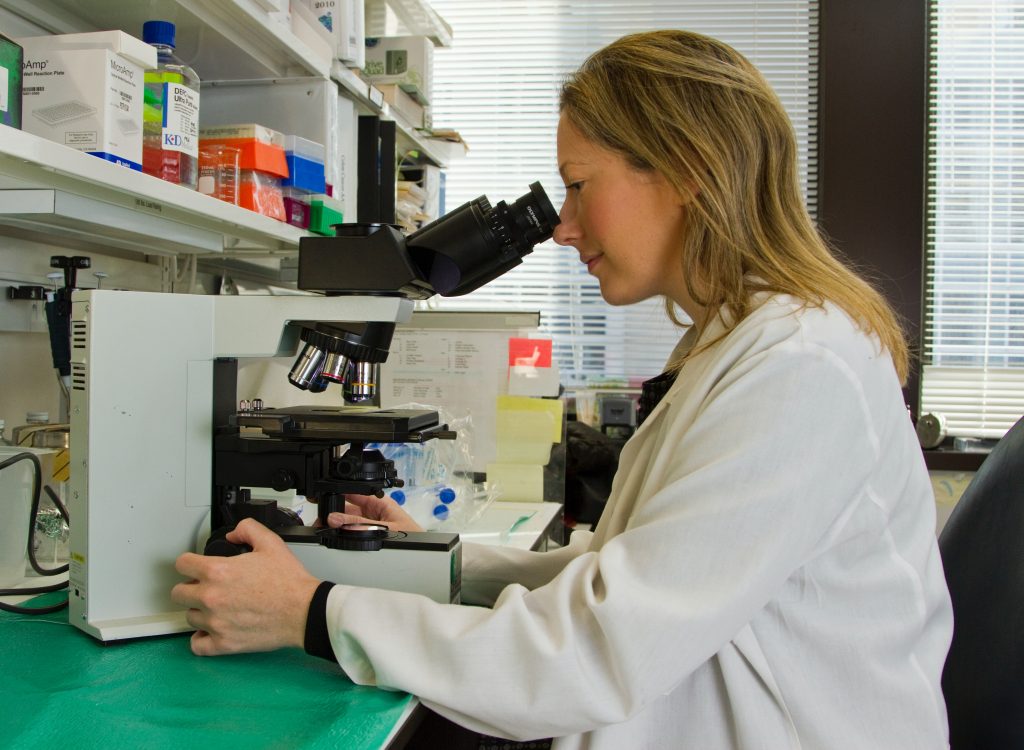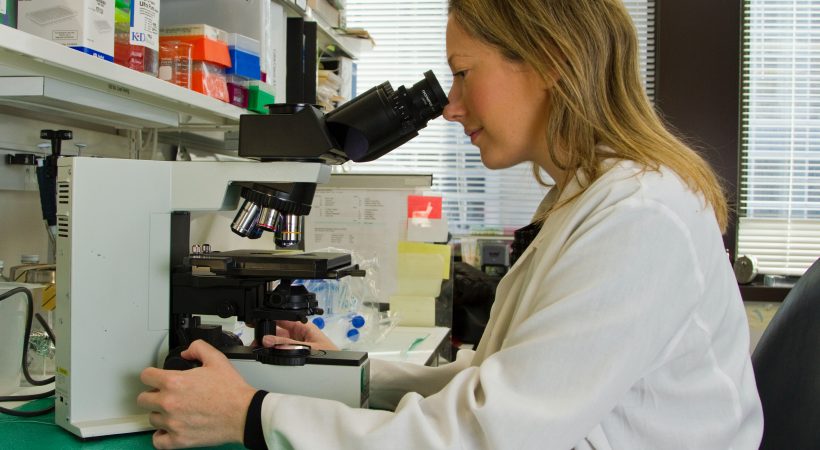If you’re concerned about having Type 2 Diabetes (or if you’re pregnant, gestational diabetes, or GD), there are ways to see if you’re at risk. Laboratory tests can determine if you have a cause for concern, and can easily be scheduled with your doctor to be run in-house, depending on your provider.

What tests are performed to check for Diabetes?
The most common lab tests to check for diabetes is a blood test. The doctor draws blood and then check your A1C. An A1C is a blood test for prediabetes and Type 2 diabetes. It measures your blood glucose, or blood sugar, level over the past three months. It can also be used to see how well you are managing your diabetes as well.
Doctors may use the A1C alone or in combination with other types of diabetes tests to make a diagnosis. One of those tests is also a urinalysis.
A Urinalysis is a tests that uses your urine to detect, in the case of a diabetes test, your sugar levels. When you have diabetes, your body can’t properly process sugar, so in an attempt to rid the body of extra sugars, it will flush it out through your urine. A urinalysis will be able to determine if you have a higher than average glucose level.
If you are concerned if you have Type 2 Diabetes, consider checking with your provider and getting tests done right away. Catching it early can help you avoid medical issues in the future, such as vision problems or even loss of limbs.
If you are unable to immediately see a doctor, start by lowering the about of sugar and carbohydrates you take in on a daily basis. A great way to begin is to start by cutting out sugary drinks, such as soda and juices. If you find you drink a lot of soda, don’t start cold turkey. Start by limiting yourself to one drink a day if you have multiple sodas in a day. Once that seems normal, begin having a soda every other day, then only twice a week, etc.
A good diet and some moderate exercise help a great deal when it comes to managing Type 2 Diabetes, so get started today!
